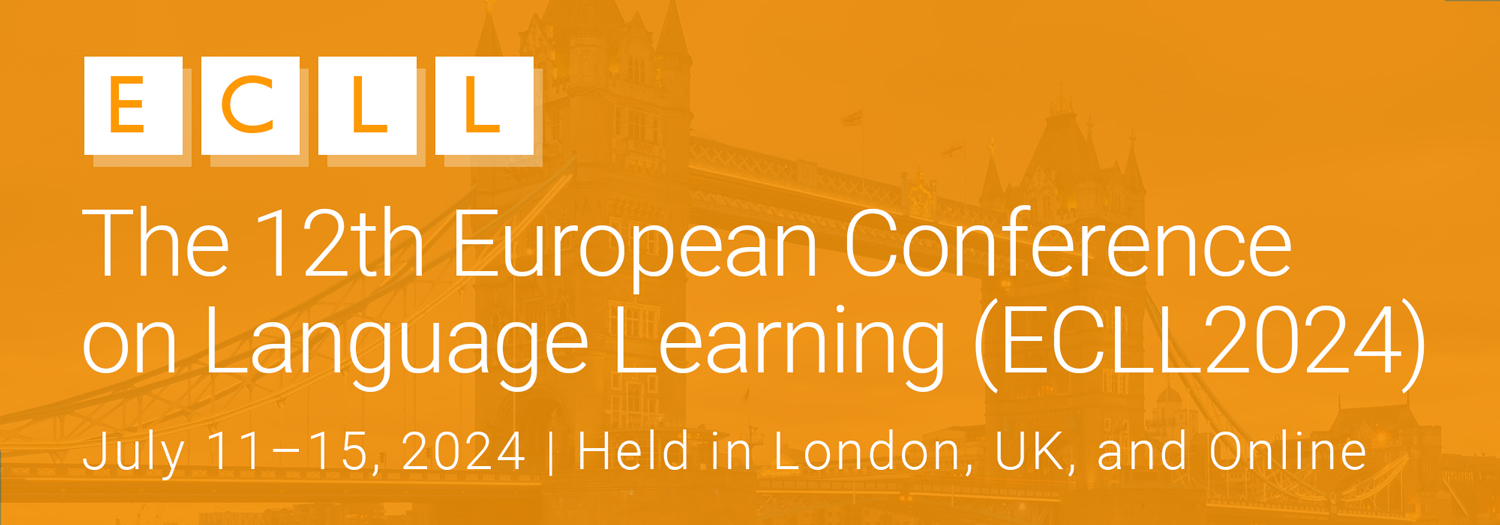Presentation Schedule
Is There a Gap Between Environmental Education and Actual Behaviors? The Licensing Effects on College Students’ Eco-friendly Decisions (80605)
Session Chair: Chyi Jaw
Sunday, 14 July 2024 12:00
Session: Session 2
Room: B09 (Basement)
Presentation Type:Oral Presentation
Environmental challenges, such as damaged ecosystems, contaminated oceans, huge waste accumulation, and the expanding risks of climate change, have gradually become a growing threat to the world. These environmental problems are mostly the results of human behavior, even though “eco-friendly viewpoints” are accepted universally and society demonstrates a degree of concern towards environmental issues, these attitudes do not match up to actual behaviors, and sustainability performance is seen to be not very promising. Thus, it becomes increasingly significant to develop environmental education strategies as to raise collective consciousness about the environment and call for action towards eco-friendly behaviors. The reasons for the gaps between sustainable goals and real outcomes may result from moral self-licensing, which is an effect that happens when a person chooses a relatively indulgent act after a preceding virtuous or morally good deed. The topic is worth discussing as the licensing effect easily and unconsciously happens, largely affecting individuals' decision-making processes, especially young adults. We conducted experiments to examine the licensing effects on college students’ eco-friendly behaviors and the moderating effects of moral identity, gender, and environmental awareness. The results reveal that eco-friendly behaviors do alter between the licensed and control conditions, and gender and environmental awareness are highly significant in the interactive effects with the self-licensing. Finding out the causes and patterns of self-licensing offers further insight into environmental education strategies in colleges to avoid facilitating selfish, indulgent, or frivolous choices, and effectively promote college students’ understanding of the correct behaviors regarding the environment.
Authors:
Chyi Jaw, National Yunlin University of Science and Technology, Taiwan
Jie-Shin Lee, Fu Jen Catholic University, Taiwan
About the Presenter(s)
Chyi Jaw is a professor of the Department of Business Administration, National Yunlin University of Science & Technology in Taiwan, R.O.C.
Connect on Linkedin
https://www.linkedin.com/in/chyi-jaw-00691461/
See this presentation on the full schedule – Sunday Schedule





Comments
Powered by WP LinkPress